IEEE @ GT: 2026 Hackathon
Join IEEE@GT as the Robotech Hackathon returns for 2026! January 23-25th, 2026. Register now to secure your spot and be part of the most exciting hackathon of the year!
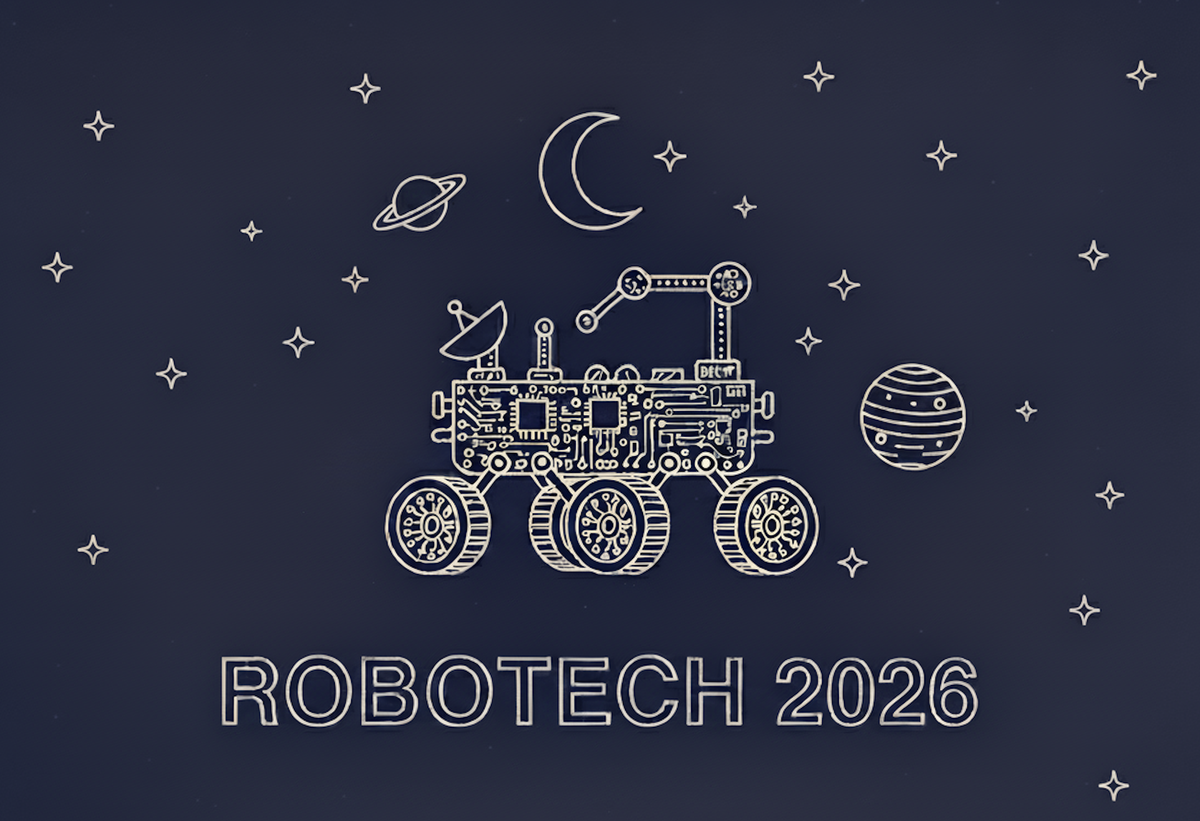
Proudly Managed by IEEE @ GT
Gold Tier Sponsor
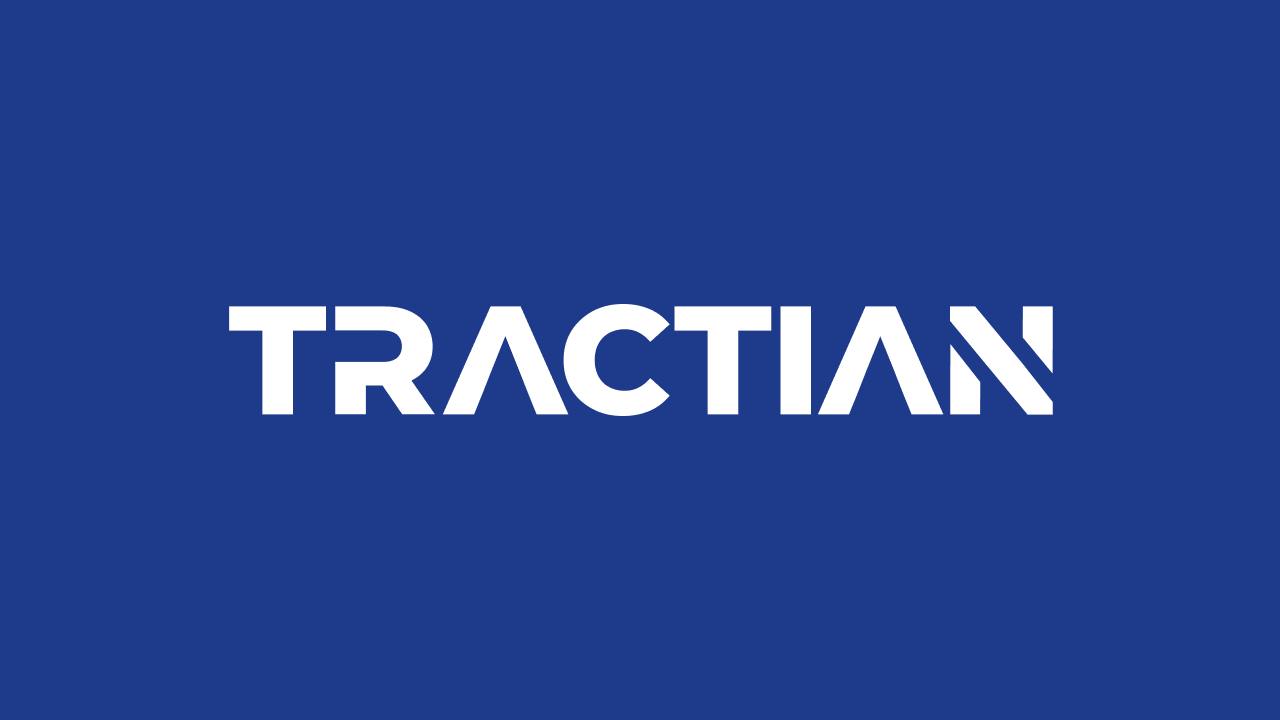
Tractian
Sponsors & Community Partners
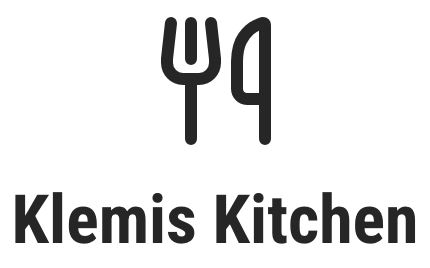
Klemis Kitchen
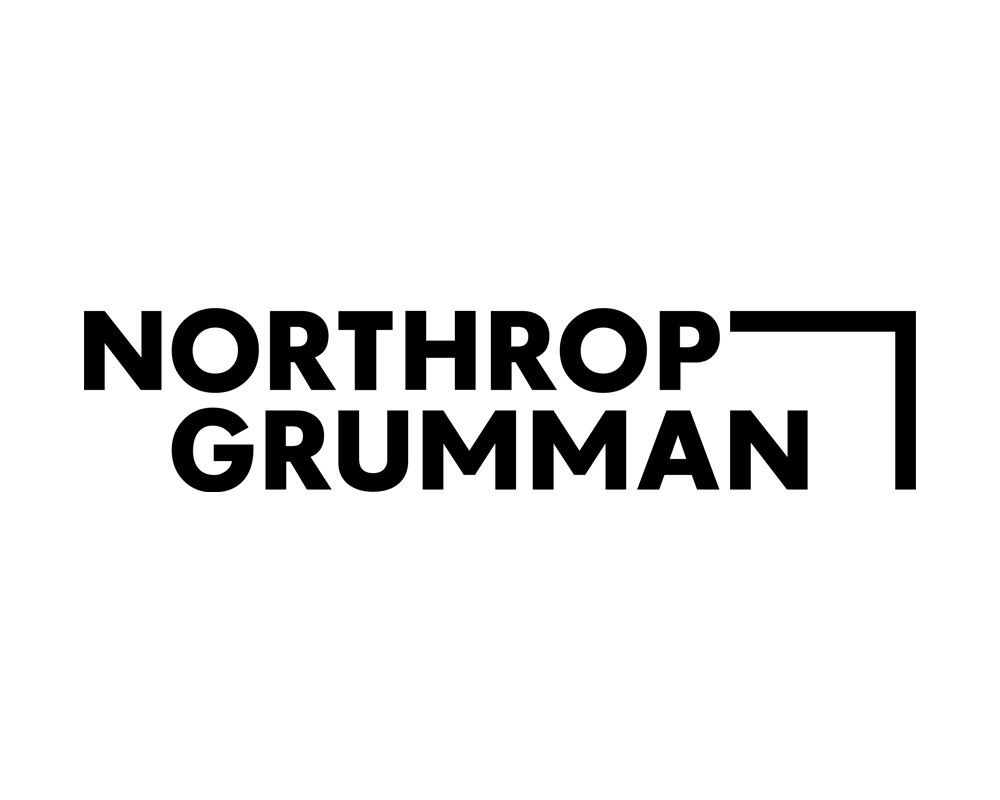
Northrop Grumman

General Motors
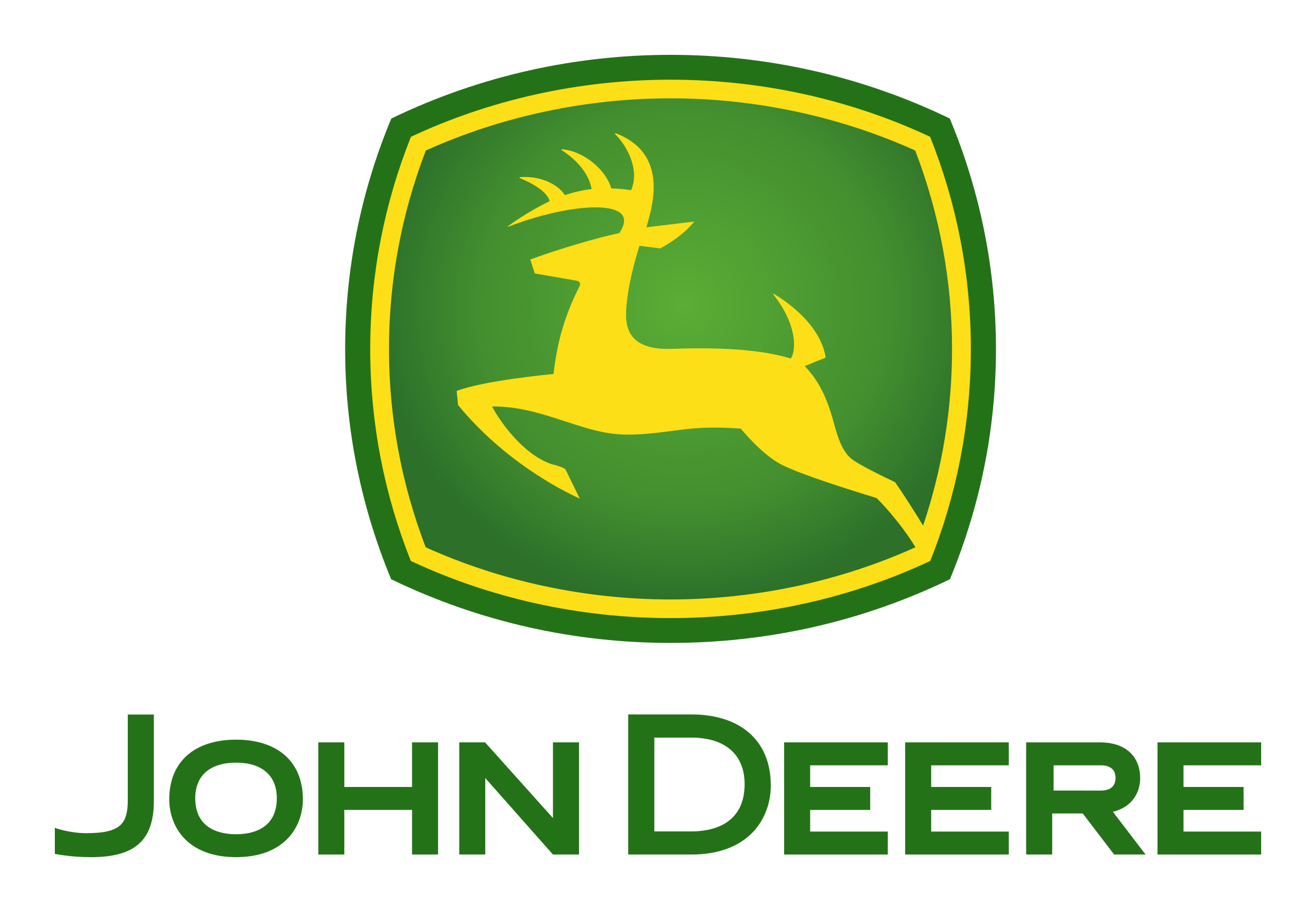
John Deere


Lockheed Martin
Klemis Kitchen: A GT food pantry through STAR Services in the Student Engagement and Well-Being Office. Following hackathon meals, we will donate all leftover food to Klemis Kitchen to help support food-insecure students on campus.
About & Mission.
The Robotech Hackathon is the annual robotics hackathon run by the IEEE student chapter at Georgia Tech. Within the allotted 36 hours, teams of four individuals race to design, build, and test a robot to complete a set of engineering goals and competition tasks. Excellent collaboration and an element of strategy will be required to maximize a team score. Teams compete in one of several tracks differentiated by competition focus and experience. Products are judged by a panel of judges on the last day of the hackathon.
It is completely FREE to participate in this hackathon. We accept undergraduates, graduate students, and university students within driving distance of Georgia Tech who are able to arrange their own transportation. The majority of meals will also be provided to competitors for free; please read the FAQ for specifics. Competitors also receive a free t-shirt.
IEEE @ GT is also proud to take steps to reduce the environmental impact of our event. All provided plates, utensils, cups and napkins will be environmentally friendly, and we will donate extra food at the end of the event.
FAQ
Theme Overview
Interstellar's Cooper wisely summed up human fascination with space when he declared,“Mankind was born on Earth. It was never meant to die here.”
The next century will undoubtedly see exciting innovations in space exploration as a result of creative engineering solutions. As such, IEEE @ GT challenges you to build your own lunar space robot to demonstrate your creative approach to navigating space.
The competition will focus on terrain navigation and interaction, including but not limited to obstacle avoidance, article placement, and potential human-robot collaboration. The tracks, listed below, allow competitors to concentrate in specific areas of the event that interest them. You can only apply to one track.
As the event approaches, we will release a tentative point rubric for each track. Teams will receive points for each element of the robot that they build and for each task that their robot completes. Certain features and tasks will be worth more than others due to expected difficulty.
However, each robot will have exactly 4 minutes to execute their features and tasks, so teams are encouraged to plan ahead of time and understand how to maximize their point totals based on their strengths.
Tracks
- Autonomous — The robot makes decisions by itself. Think computer vision and audio detection for navigation and interaction.
- Controller/Communication — team builds an RF or wired controller to control the robot. A human will control the robot's motion and decisions.
- Beginner — open opportunity for younger or inexperienced students. Great for experimentation and learning, with no particular limits on project functionality.
Schedule of Events
Location
Join us at Georgia Tech's Klaus Advanced Computing Building
Klaus Advanced Computing Building
Address
266 Ferst Dr NW, Atlanta, GA 30332, USA
Date & Time
January 23-25, 2026
36-hour hackathon
Parking
Visitor parking available at Tech Square and W01 Visitor Parking Deck
